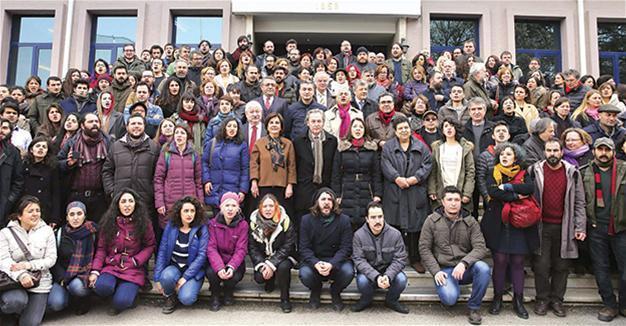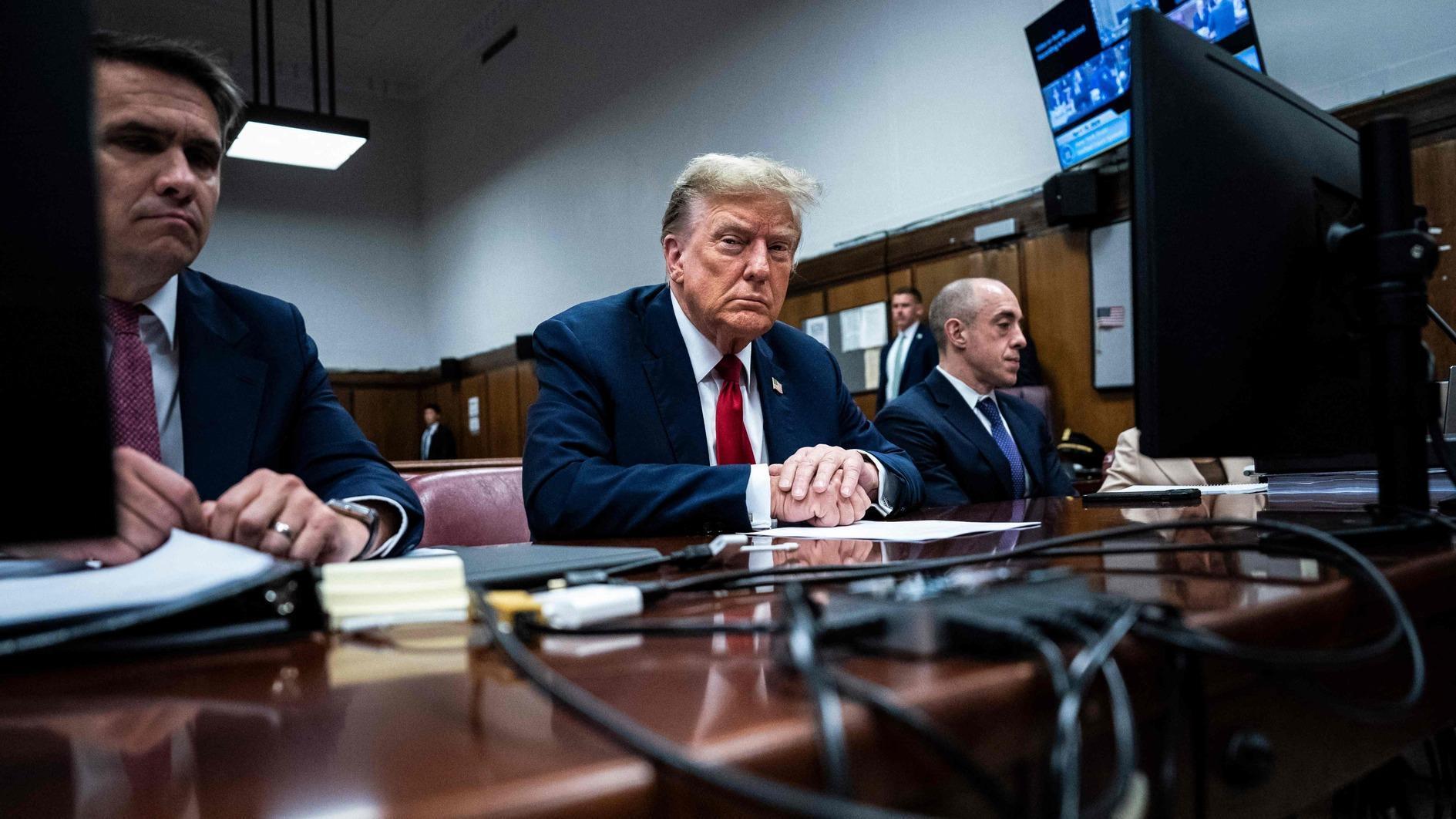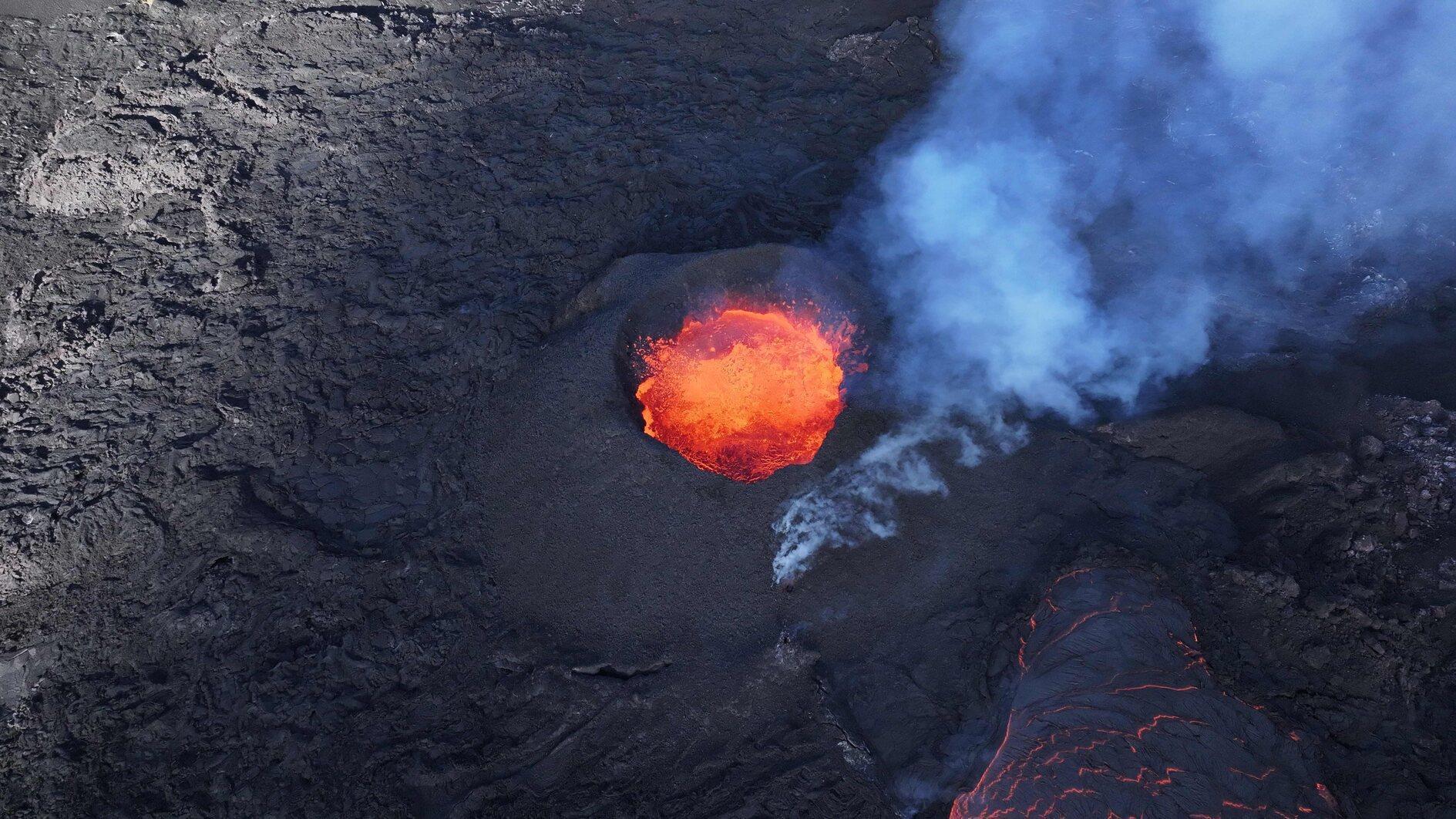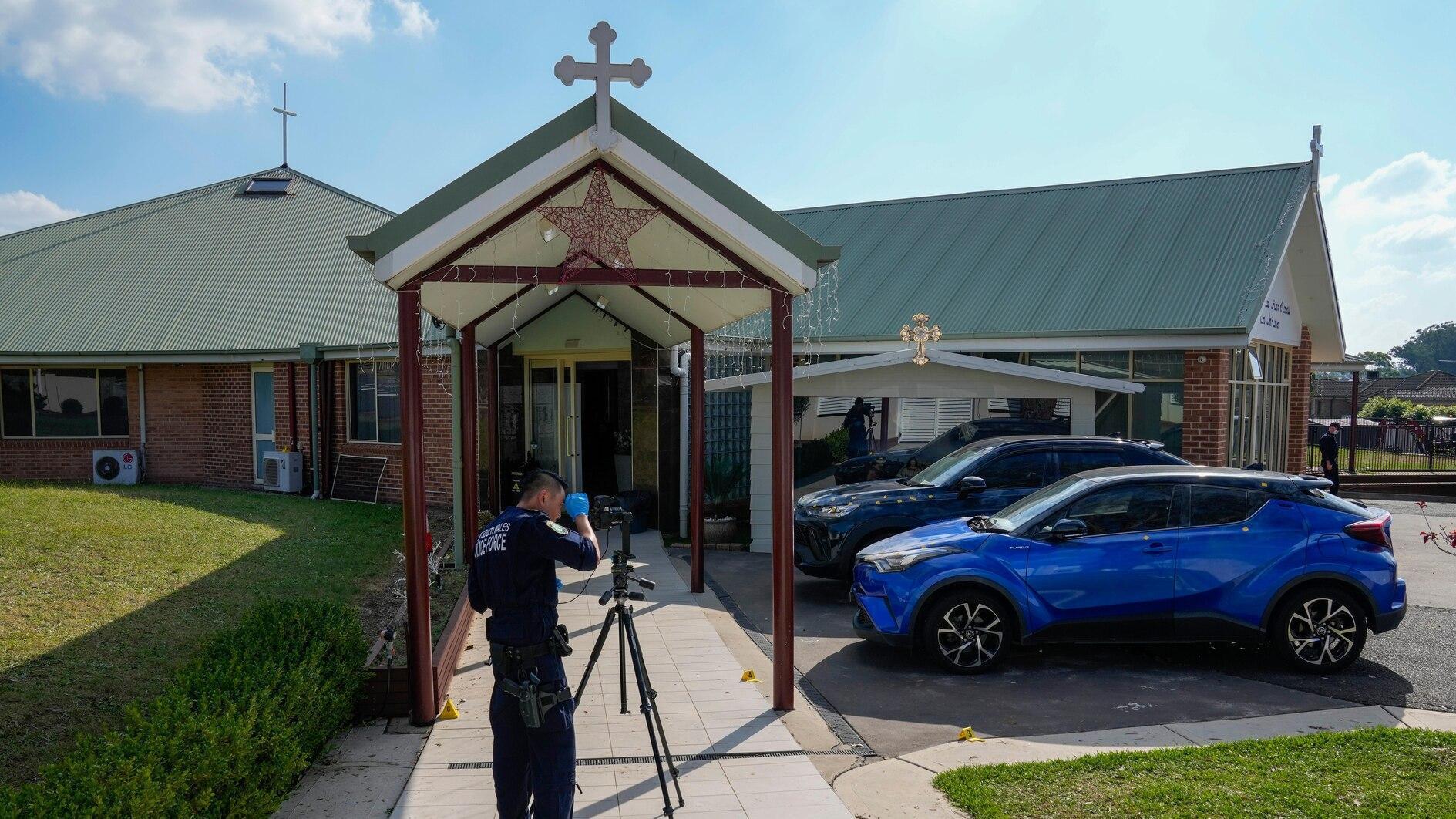330 more academics expelled with state of emergency decree, stirring debate in Turkey
ANKARA

AA photo
A total of 330 academics were expelled with a new state of emergency decree published in the Official Gazette late on Feb. 7, drawing criticism from the opposition and the scholars themselves about the effect the moves will have on education.The academics were among 4,464 public workers who were expelled as part of the decree.
The expulsion of the academics also drew reactions from political parties, with main opposition Republican People’s Party (CHP) lawmakers Sezgin Tanrıkulu and Aykut Erdoğdu criticizing the decision.
“Dear academics, all those who faced injustices: These days will pass and the justice will be served,” CHP Istanbul lawmaker Sezgin Tanrıkulu said, while Erdoğdu, another Istanbul lawmaker, said those who “carry out the expulsions will carry the shame for the rest of their lives.”
Opposition Peoples’ Democratic Party (HDP) also reacted against the decree, with HDP Istanbul lawmaker Filiz Kerestecioğlu saying that “students and professors don’t accept being dictated to.”
It has emerged that a total of 115 of the academics who were expelled with the latest decree have previously signed the Academics for Peace petition criticizing government operations in the southeast. The highest number of expulsions was carried out from Ankara and Marmara Universities.
With the latest expulsions there are only four academics left in Ankara University’s Theater Department. Süreyye Karacabey, who was previously expelled with another decree, said the department can no longer function.
Professor İbrahim Kaboğlu from Marmara University was among the names expelled. Kaboğlu previously criticized the charter amendment package, saying that the constitution cannot be changed under a state of emergency.
Turkey declared a state of emergency after the failed coup attempt.
Another professor who was expelled was Professor Öget Öktem Tanör, who is Turkey’s first neuropsychologist.
Pianist and conductor İbrahim Yazıcı, who had been acting as the art consultant for İzmir Mayor Aziz Kocaoğlu since 2014, was also expelled.
Meanwhile, some of the names in the list of academics have released statements, saying that they won’t take a step back and that the expulsions are political.
“This is a political expulsion. I’m honest and my conscience is clear. I will never bow down,” Professor Yüksel Taşkın from Marmara University said.
“This is a great shame for Turkey’s universities and Ankara University. Today, the last teaching staff were expelled with a state of emergency decree just for demanding peace,” Professor Funda Başaran, a professor expelled from Ankara University, said in reference to the Academics for Peace signatories. “Places like the Political Science Faculty, Communications Faculty and the Language and Geography Faculty, which had a high number of signatories, are just four walls now … But we don’t need [empty buildings] to produce knowledge. We will again gather with our students. We will continue to produce knowledge and change the world with the knowledge that we produce. That’s why we don’t give a damn about the decrees.”
The expulsion of academics drew criticism from pro-government journalists, who said that there were “injustices” on the list.
“I’ve investigated the list of the academics who were expelled from the universities. There are many injustices,” pro-government daily Yeni Şafak columnist Cem Küçük wrote on his Twitter account, adding that there was an “oddness” in the list due to the names “supporting” the outlawed Kurdistan Workers’ Party (PKK) and the Fethullahist Terrorist Organization (FETÖ), widely believed to have been masterminded the July 2016 failed coup attempt.
“There are irrelevant names in the list, but some of the names that support the PKK and the FETÖ openly remain untouched. Most of the names that signed the PKK statement aren’t on the list,” Küçük also said, referring to a statement signed by the Academics for Peace.
Küçük also addressed the head of Turkey’s Higher Education Board (YÖK), Yekta Saraç, saying the YÖK should prepare a “fair list.”
Another pro-government columnist who criticized the expulsion of academics was Yusuf Kaplan from daily Şafak, who said that “he got very angry with the list.”
Meanwhile, some 2,585 Education Ministry staff, 893 from the gendarmerie, 417 from the General Security Directorate, 49 from the Interior Ministry and 520 from other ministries were sacked with the decree.
Seventeen employees who were previously dismissed have been reinstated.
After the failed coup attempt, the Turkish government introduced a series of state of emergency decrees that suspended or dismissed tens of thousands of public servants from their jobs over suspected ties to illegal groups.
















